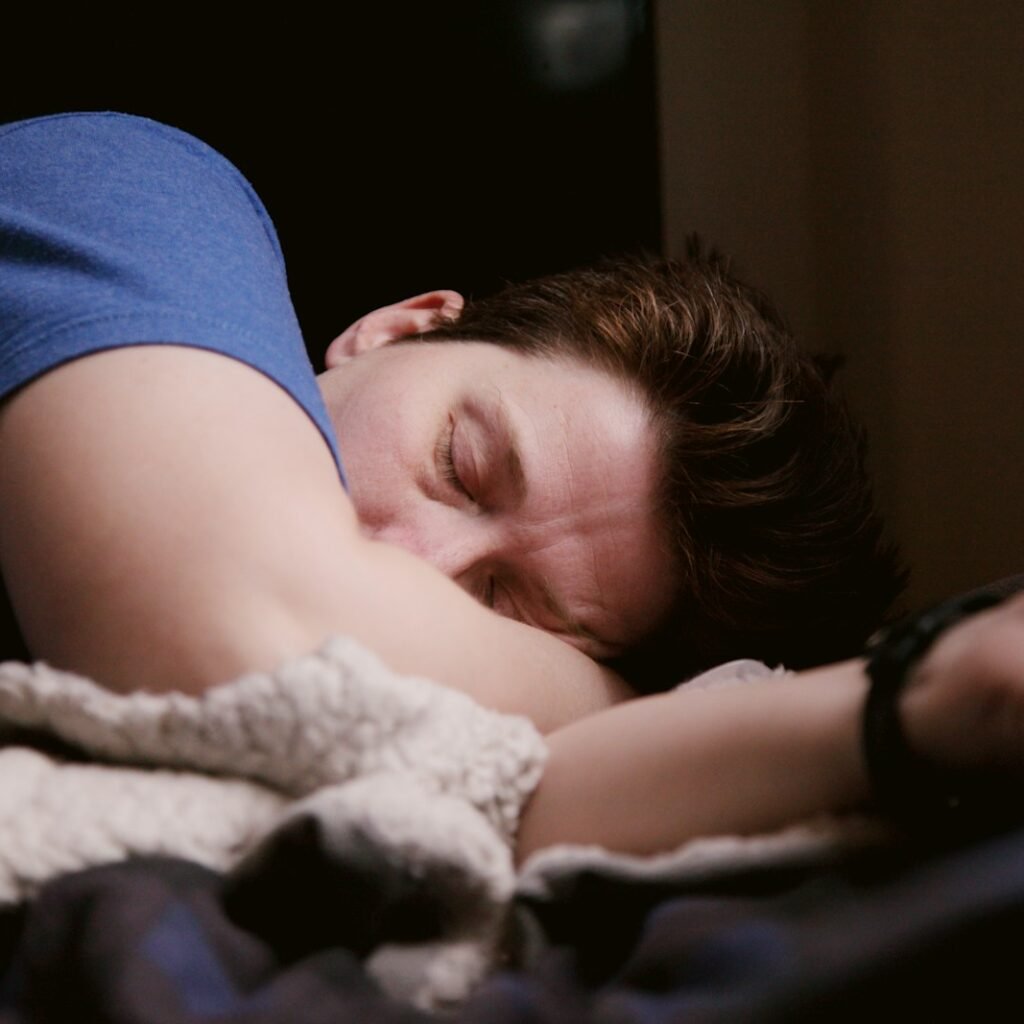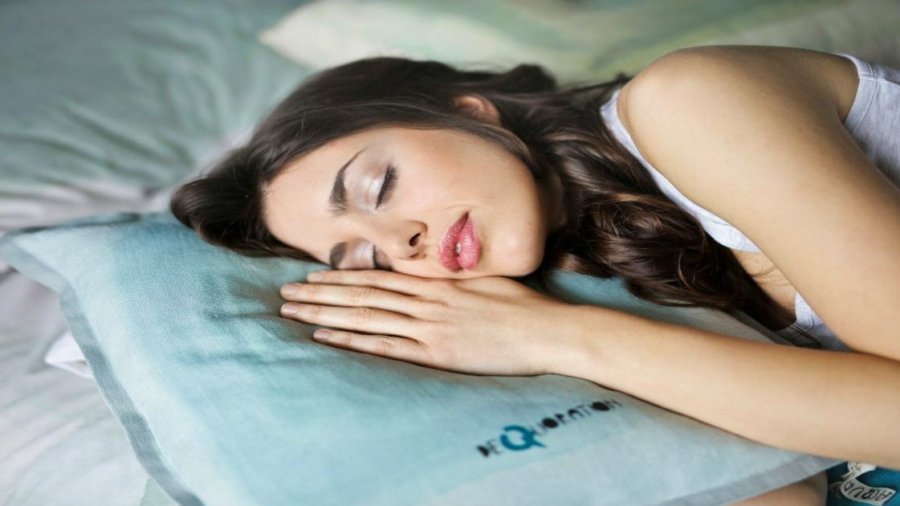When you wake up tired, life feels heavier. Mornings can blur into a fog, decisions feel harder, and even small stressors seem overwhelming. If this feels familiar, you are not alone. There is a deep connection between sleep and mental health, and when one suffers, the other often follows.
Understanding this relationship is not just helpful—it is essential for emotional resilience and overall well-being.
Why Sleep Is More Than Just Rest
Sleep is not a passive state. It is an active process during which the brain performs critical functions. During deep sleep stages, your brain clears toxins, consolidates memory, and regulates mood-related chemicals like serotonin and dopamine.
According to the Centers for Disease Control and Prevention, sleep deprivation can impair emotional regulation, lower resilience, and raise the risk of mental health conditions such as anxiety and depression.

How Sleep Affects Emotional and Cognitive Health
Sleep loss does not just affect your energy levels—it also influences how you interpret the world around you. When you do not get enough rest:
- You are more likely to react strongly to stress
- Your ability to regulate emotions diminishes
- Memory and concentration begin to decline
In fact, research from the American Psychological Association shows that even short-term sleep deprivation can increase symptoms of anxiety and intensify emotional reactivity. This creates a vicious cycle where stress leads to poor sleep, and poor sleep leads to greater emotional instability.
The Bidirectional Relationship: Mental Health Affects Sleep Too
Mental health conditions often disrupt sleep patterns. For example, individuals with depression may experience insomnia or hypersomnia. Data from the National Institute of Neurological Disorders and Stroke confirms that chronic sleep disturbances are both symptoms and predictors of mood disorders.
This pattern is particularly evident in those struggling with high-functioning depression. In the article “Signs You Might Be Struggling with High-Functioning Depression”, PsycheShare notes that persistent tiredness—despite long hours of rest—is a red flag that should not be ignored.
Adolescents, Sleep, and Mental Health Risk
Sleep is even more critical during adolescence, a developmental stage marked by hormonal shifts and social pressures. Unfortunately, teenagers are among the most sleep-deprived.
A 2024 study in Frontiers in Neuroscience found that reduced sleep duration is strongly associated with increased symptoms of depression and anxiety in teens.
This is not just a matter of academic performance. It directly affects their emotional development and long-term mental health. Recognizing sleep disruption as a sign of deeper challenges can help caregivers intervene earlier.
Chronic Stress and Sleep: A Two-Way Strain
Stress can keep the mind racing at night, making it harder to fall or stay asleep. When sleep is disrupted regularly, your brain remains in a heightened state of alertness, impairing its ability to repair and reset. In “Ways to Calm Your Mind in High-Stress Situations”, PsycheShare shows how consistent sleep troubles often signal underlying chronic stress and may be an early warning sign of emotional overload.
HealthyPeople.gov highlights that more than one-third of U.S. adults report insufficient sleep—a risk factor not only for mental illness but also for chronic conditions such as diabetes and cardiovascular disease.

Sleep and Anxiety: Why You May Feel Worse in the Morning
Have you ever woken up with a racing heart or uneasy feeling? Sleep deprivation can amplify baseline anxiety levels. Poor sleep changes how the brain’s amygdala and prefrontal cortex interact, reducing your ability to manage fear responses.
According to “The Best Coping Techniques for Social Anxiety”, restoring sleep hygiene—such as reducing late-night screen exposure—can significantly improve emotional regulation, especially in anxiety-prone individuals.
What You Can Do: Supportive Steps for Better Sleep and Mental Wellness
Here are research-supported strategies to help restore both sleep and emotional balance:
- Stick to a consistent sleep schedule, even on weekends
- Limit screen exposure an hour before bedtime
- Create a calming wind-down routine, like reading or light stretching
- Avoid stimulants such as caffeine late in the day
- Seek professional support if sleep issues persist for more than two weeks
Building these habits will not only improve sleep—it may also reduce stress, boost mood, and enhance cognitive function.
Moving Toward Restorative Rest
You deserve the kind of rest that helps you wake up feeling ready, not weary. Sleep is not just recovery—it is your brain’s way of protecting your mental health. If you are feeling overwhelmed, anxious, or emotionally stuck, looking at your sleep may be the most compassionate place to begin. When sleep improves, emotional clarity often follows.
Know that there is great connection between sleep and mental health.



Add a Comment